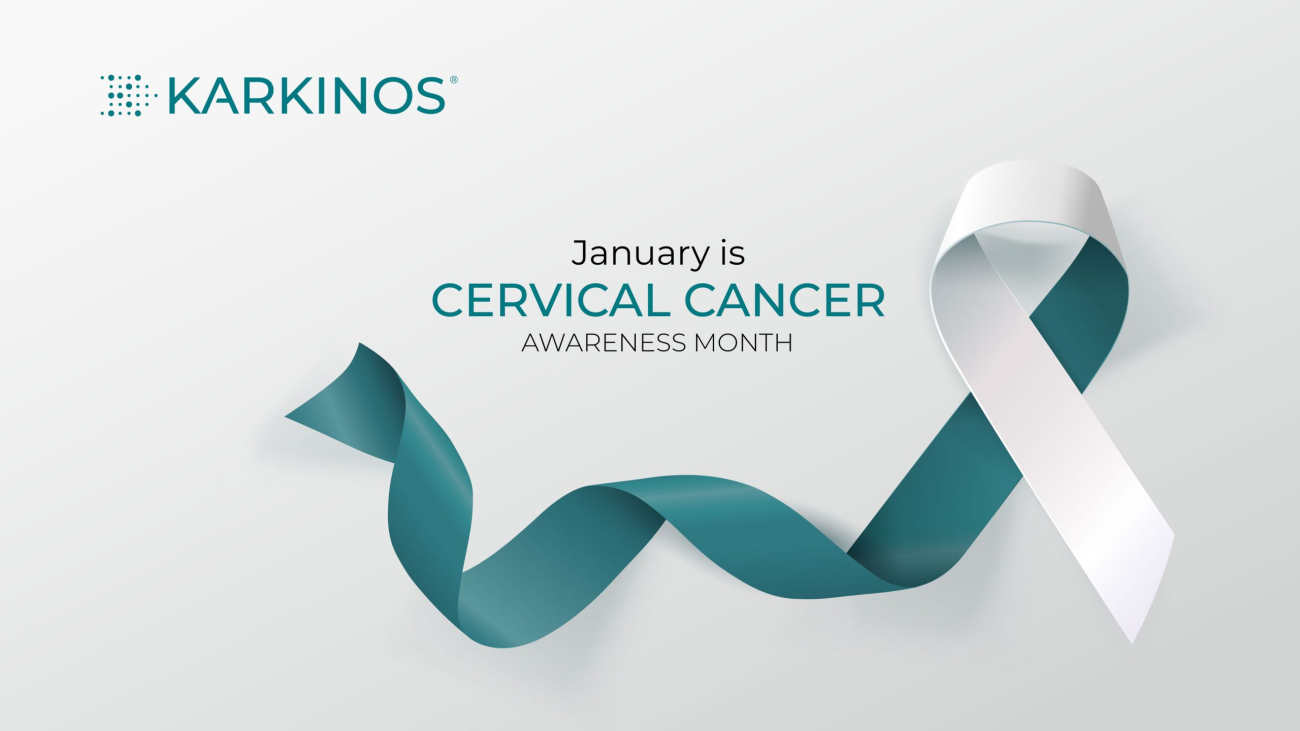Cervical cancer: What are the 4 major warning signs?
Cervical Cancer is one of the most preventable cancers of women. Sometimes we don’t pay attention to the early signs of HPV infection. This blog will walk you through knowing more about the virus and its effects and also the warning signs and its associated cancer prevention.
What is HPV? And what happens if left untreated?
HPV (Human Papillomavirus) is a virus that is commonly spread through sexual contact. It can also be spread through contact with an object that has been contaminated with the virus.
HPV is a group of more than 150 related viruses, which are divided into different types based on how they affect the body. Some types of HPV cause warts on the hands, feet, or other areas of the body, while other types can cause genital warts, which can appear on the vulva, vagina, anus, or around the mouth. Other types are known to cause cervical cancer and other types of cancers.
Over time HPV infection if left untreated can cause cervical cancer in women. But the best about cervical cancer is that it is treatable in the early days. Hence, women must be aware of such infections, to take control over their good health.
Cancer types and its symptoms:
There are two main types of cervical cancer, and each has different symptoms. The most common type of cervical cancer is squamous cell carcinoma, which starts in the squamous cells that line the cervix.
The second type of cervical cancer is adenocarcinoma, which starts in the glandular cells of the cervix.
Squamous cell carcinoma is the most common type of cervical cancer, and it usually affects women over the age of 40. The most common symptom of squamous cell carcinoma is abnormal bleeding, but it can also cause pain during sex, pelvic pain, and abnormal vaginal discharge.
Adenocarcinoma is the second most common type of cervical cancer, and it usually affects younger women. The most common symptom of adenocarcinoma is abnormal bleeding, but it can also cause pelvic pain and abnormal vaginal discharge.
Broad symptoms of cervical cancer include:
- Early stages of cervical cancer are usually asymptomatic. Only screening tests or clinical examinations can identify disease at this stage.
- Abnormal vaginal bleeding (which is unusual for you) including bleeding during or after sex, between your periods or after menopause, or having heavier periods than usual;
- Changes in vaginal discharge;
- Pain during sex;
- Pain in the lower back, between hip bones (pelvis) or in the lower tummy area
Cervical cancer is one of the most common types of cancer in women, and it is important to be aware of the signs and symptoms so that you can catch it early.
The most common symptom of cervical cancer is abnormal bleeding, but there are other symptoms that you should be aware of as well.
When to consult a doctor?
Abnormal bleeding is the most common symptom of cervical cancer, but it is not the only one. If you have any of the following symptoms, you should see a doctor right away:
- Bleeding between periods
- Bleeding after menopause
- Bleeding after sex
- Bleeding after a pelvic exam
Other symptoms of cervical cancer include:
- Pain during sex
- Pelvic pain
- Abnormal vaginal discharge
- Loss of appetite
- Fatigue
What are the most effective preventive methods?
- Get a HPV DNA test (check eligibility and repeat the test in the recommended time frame);
- Ask your doctor about the HPV vaccine;
- Undergo periodic screening tests;
- Practice safe sex;
- Quit smoking and alcohol consumption;
- Maintain a healthy lifestyle
Early detection can help with prevention and help eliminate the risk of succumbing to cancer.
So now we know that cervical cancer is a serious disease, but it is also preventable and treatable when detected early.
If you are experiencing any one of the symptoms of cervical cancer, it is highly recommended to see a doctor right away.
Early detection is the key to successful treatment. Get in touch with us at https://www.karkinos.in/ to know more.
